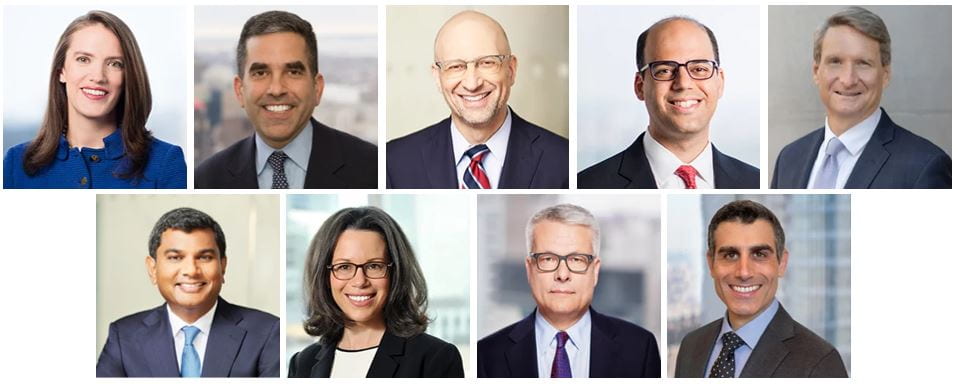by Kimberly Parker, Jay Holtmeier, Erin Sloane, Christopher Cestaro, Sandra Redivo, Matthew Girgenti, Elliot Shackelford, and Keun Young Bae

Top left to right: Kimberly Parker, Jay Holtmeier, Erin Sloane, and Christopher Cestaro.
Bottom left to right: Sandra Redivo, Matthew Girgenti, Elliot Shackelford, and Keun Young Bae. (Photos courtesy of Wilmer Cutler Pickering Hale and Dorr LLP).
Although publicly announced Foreign Corrupt Practices Act (FCPA) enforcement activity remains lower than the levels reached a few years ago, 2023 saw a modest increase in the overall number of FCPA enforcement actions (26 in 2022 vs. 27 in 2023). This was seen especially in the number of corporate resolutions (12 in 2022 vs. 15 in 2023). The combined total of monetary penalties decreased, from $1.56 billion in 2022 to $776 million in 2023. Nonetheless, senior officials at the Department of Justice (DOJ) and the Securities and Exchange Commission (SEC) again signaled, through policy changes and public announcements, that anti-corruption enforcement is a priority and that there will be significant and growing enforcement efforts going forward. Below are the key takeaways regarding FCPA enforcement in 2023 and trends to keep in mind as we look ahead to 2024.







